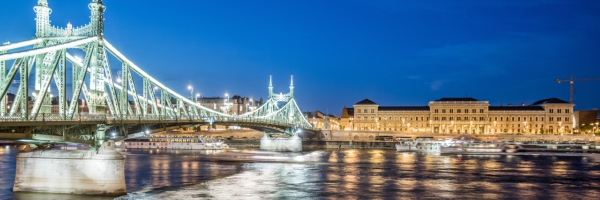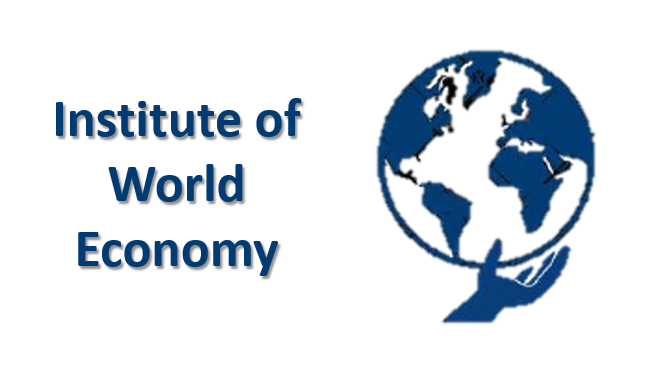
Our Institue has a bold history of 70 years.
It was founded in 1948 under the name of “International Economics and Policy Department“. It grew out from Arpad HAASZ’s brown briefcase and was pretty soon given its own office.
It was the first university department to study and research international issues with its publications playing a significant role in educating the Hungarian society during the Communist regime.
Students gained a glimpse of a world that they were isolated from, lecturers gained insight into Western papers like the Manchester Guardian or the Daily Worker and got to know the different narratives of world events.
The programme of the Department consisted of two parts: general topics such as international monopoly, the collapse of the colonial system, the international labor movement, social democracy as a reaction or the arms race; and special national topics such as USA, England, the American Imperialism, the decline of the British Empire, or the victory of Chinese Revolution etc.
In 1963 Mihaly SIMAI gave the institute a new name. The Department became known as “World Economy” and broadened the study topics of the programme. Soon international students arrived to take part in the education.
In 1989 Hungary became a republic and gained its democratic character with the fall of the Iron Curtain. The World Economy Department continued its activity among the walls of the Corvinus University of Budapest.
In 2015 the department was transformed into the “Institute of World Economy” and moved under the Faculty of International Relations and Social Sciences.
Currently, the Institute runs the MSc programme in “International Economy and Business” both in English and Hungarian with students enrolling from all over the world. The Institute has a wide-ranging domestical network, as well as educational and research partnerships with universities inside and outside of the European Union.
Director:
Istvan BENCZES
Previous Heads of Department:
Arpad HAASZ
Mihaly SIMAI
Jozsef NYILAS
Tamas SZENTES
Tibor PALANKAI
Andras BLAHO
Istvan MAGAS
|

